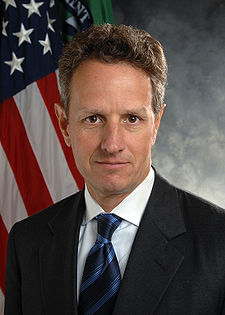More politics of peak oil
One can be forgiven for not understanding the state of our world today in terms of oil and its availability. A new article in Forbes assures us that peak oil is off, that the world is awash in oil. Meanwhile, an article from the current issue of The Economist claims the opposite: that oil supply is insufficient to keep up with demand. Meanwhile, the president is blaming high prices on those nasty speculators. So which of these competing claims is a person to believe? For the uninitiated, peak oil is the point in time when maximum extraction of the world's oil endowment is reached. Since oil is a finite resource, we can exploit it in increasing amounts until we can't any longer, and flows begin to decline.

